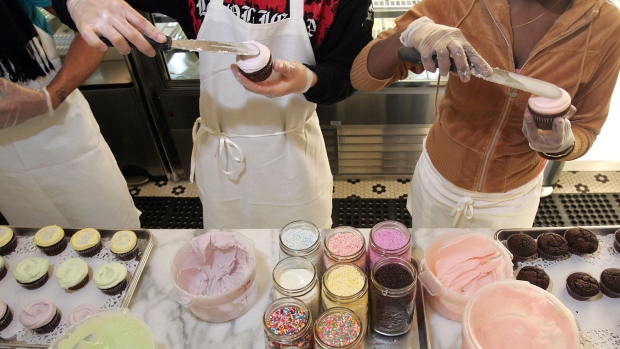Feb 3, 2023
Tight Labor Market Eased Pandemic Job-Loss Pain, Fed Study Says
, Bloomberg News

(Bloomberg) -- The US labor market’s sharp recovery after the Covid-19 pandemic made it easier for workers who lost jobs to find new work and recoup lost pay, according to new research from the Federal Reserve Bank of Cleveland.
Workers during this crisis recovered their earnings more quickly than people who became jobless in previous recessions, and the difference is not explained by the types of jobs lost or the generous unemployment benefits provided by the federal government, the paper showed.
“Workers displaced during the pandemic recession experienced almost no earnings loss, on average,” Angela Guo, Pawel Krolikowski, and Meifeng Yang wrote in the analysis published Friday. “Similarly, workers displaced during the pandemic recession experienced better employment outcomes than workers displaced during previous recessions.”
The paper compared the labor market seen after the 2020 pandemic recession with what happened to workers who were “displaced” during the recessions from 1990 to 1991, 2001, and 2008 to 2009.
Workers who lost jobs during the earlier downturns faced average earnings losses of 20% in the three years after becoming unemployed. That was about twice as severe as the earnings lost by people who became unemployed during economic expansions, the researchers said.
But people who lost their jobs during the pandemic lost almost no earnings, on average, the researchers found. The difference was best explained by the labor market tightness seen as the economy recovered from the pandemic, they said.
Demand for US labor rebounded strongly as the economy climbed out of the deep hole caused by the pandemic. The need for workers has greatly exceeded supply, with nearly two job openings in place for every unemployed person, giving job seekers options and leading to strong wage growth.
Data released separately by the Labor Department on Friday showed that US labor market is still red hot, with employers adding 517,000 jobs last month and the unemployment rate dropping to 3.4%, the lowest since May 1969.
©2023 Bloomberg L.P.


